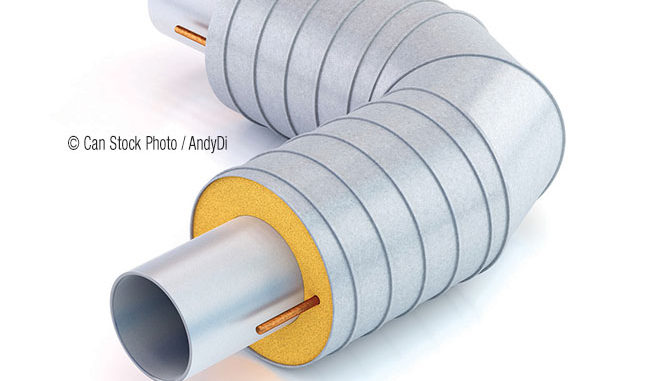
By / Jordan Whitehouse
2020 was a year like no other, and TIAC President Shaun Ekert believes 2021 will continue to bring significant challenges to the thermal insulation sector across the country.
Western Canada, particularly Alberta, was hurting before the pandemic, and then the pandemic “submarined” it even more, Ekert says. “And I think regardless of what sector clients or owners were in, they took that as an opportunity to scale back production or scale back staffing levels or scale back any investments.”
In central and eastern Canada, there has also been a slowdown in mechanical insulation projects, but less than in the west, says Ekert. “High rises and multi-unit complexes in places like Toronto and Montreal took a hit, in particular, but they have at least returned to production, though not at the same pace as before the pandemic,” he says.
Contractors have obviously found it difficult to deal with these contractions, and while some companies have tried to get creative by shifting their businesses to ones that offer pandemic-related services, by no means have those shifts come close to replacing the loss of revenues from construction. “It’s more of a feel-good story and trying to get their names out there in a very difficult time,” Ekert says.
Looking ahead to 2021, Ekert says it’s tough to know if there will be any specific geographical regions or sectors that could fair okay for insulators. “You’re not seeing the announcements of projects, you’re not seeing anything of significance other than to keep the lights on and to keep churning. So, I think it’s going to be a while before someone says let’s build a new mine, let’s build a new refinery, let’s build a new pipeline.”
Political unrest throughout North America only adds to this challenge, he says. “Typically, under normal circumstances, those kinds of disruptions in the political realm of each country tend to stalemate the economy. Now add the pandemic to it, that’s going to do it even more.”
On the labour front, Ekert doesn’t believe there is a shortage of available workers the sector right now. Instead, he says, the issue is whether those people want to work. Some are choosing not to take particular jobs or choosing to stay closer to home, he says, using government programs such as the Canada Emergency Response Benefit or just their natural trades skills to generate income.
On the regulatory side, one potential positive of the pandemic for mechanical insulators is that governments and owners are looking at air quality a lot more stringently, says Ekert. “It used to be an afterthought, but now it’s like, ‘Oh, let’s pay attention to common spaces and what’s the air exchange, air flow, and filtration.’”
As for TIAC’s plans for 2021, Ekert says they are cautiously optimistic that they will be able to resume in-person get-togethers in the second quarter of 2021. The 59th Annual TIAC Conference is scheduled for August 11 to 14 in St. John’s, Newfoundland. “For now, we’ll continue some webinar opportunities, get information out through the magazine, and just monitor and support our members any way we can.” ▪



